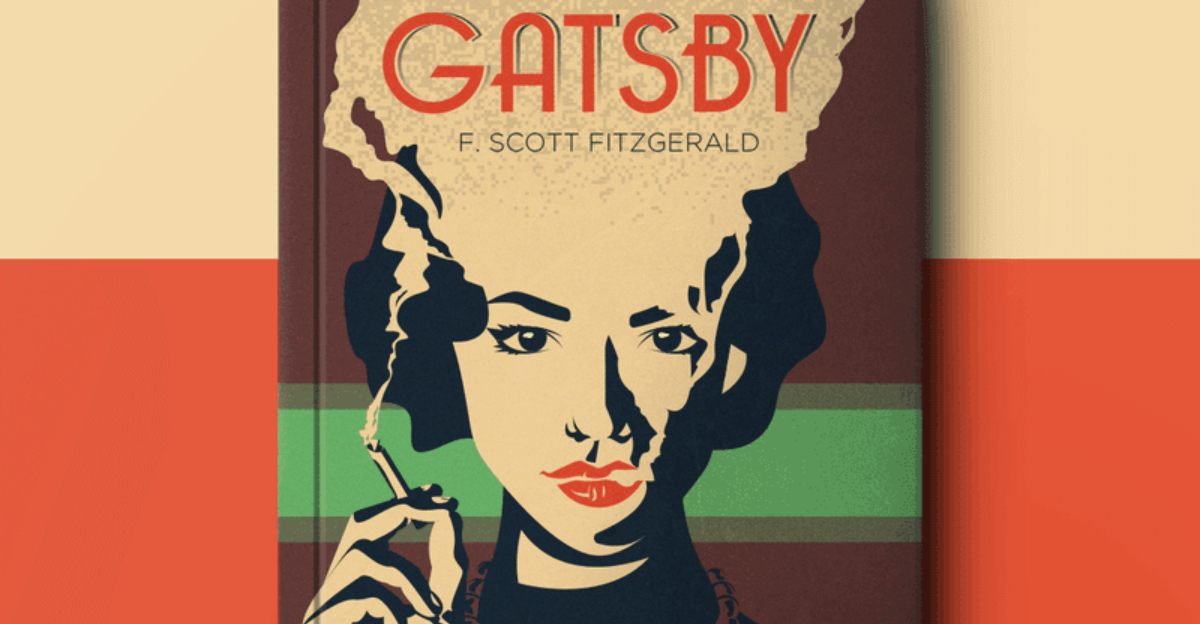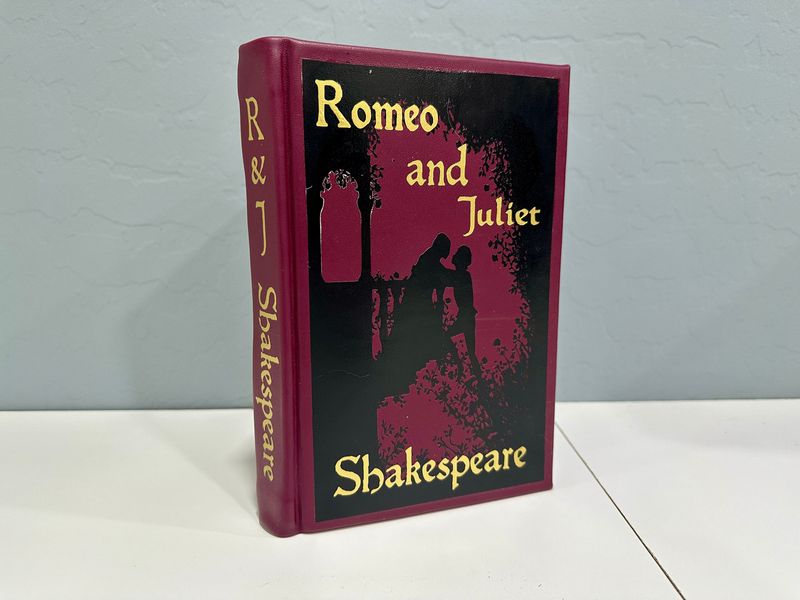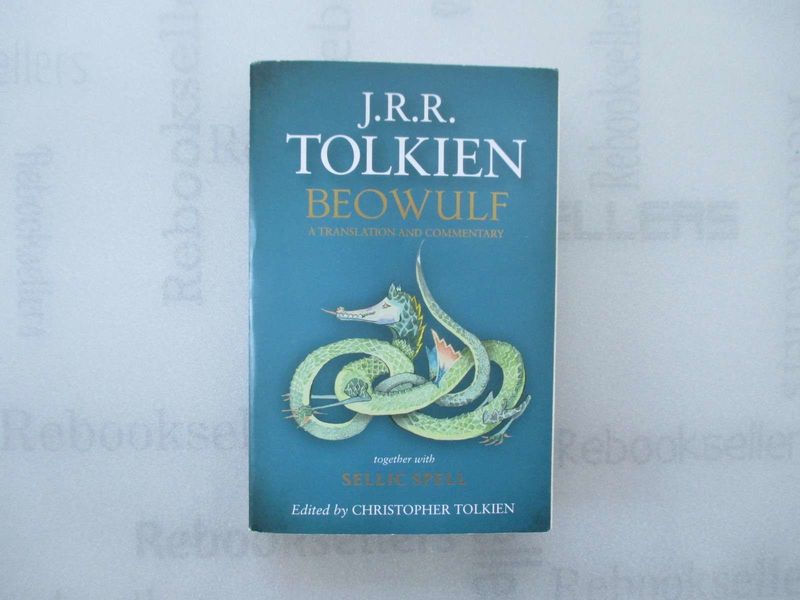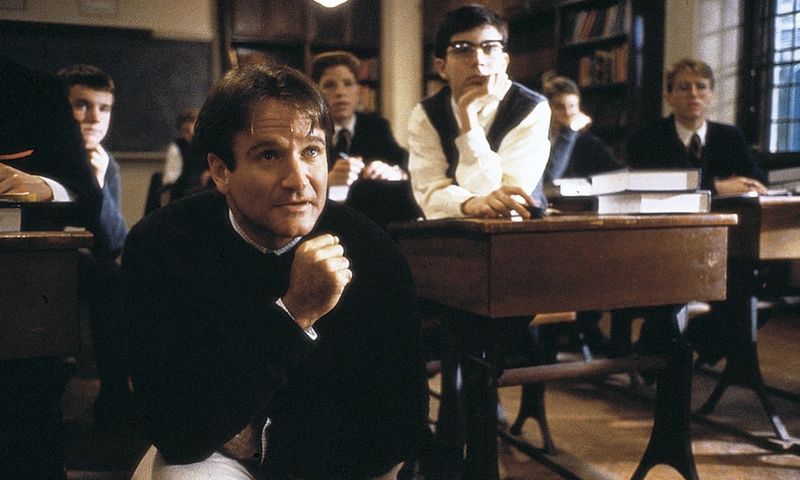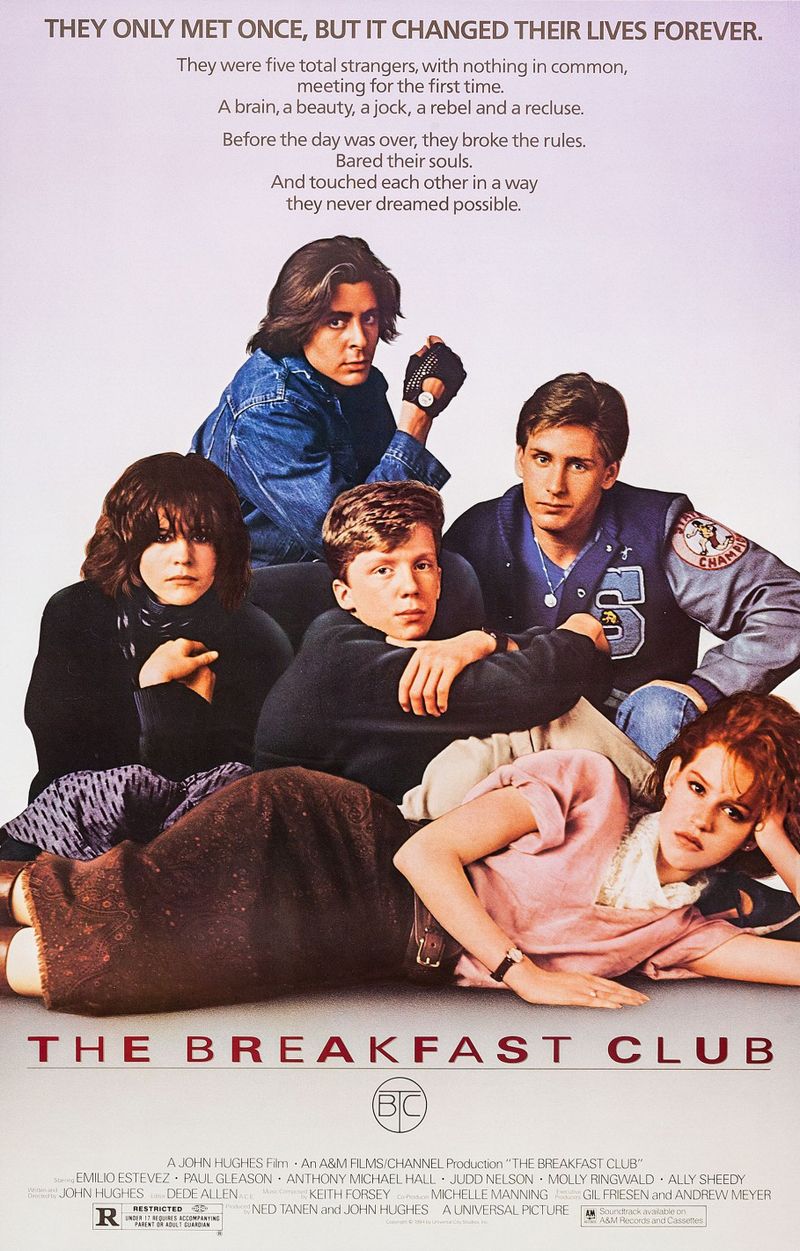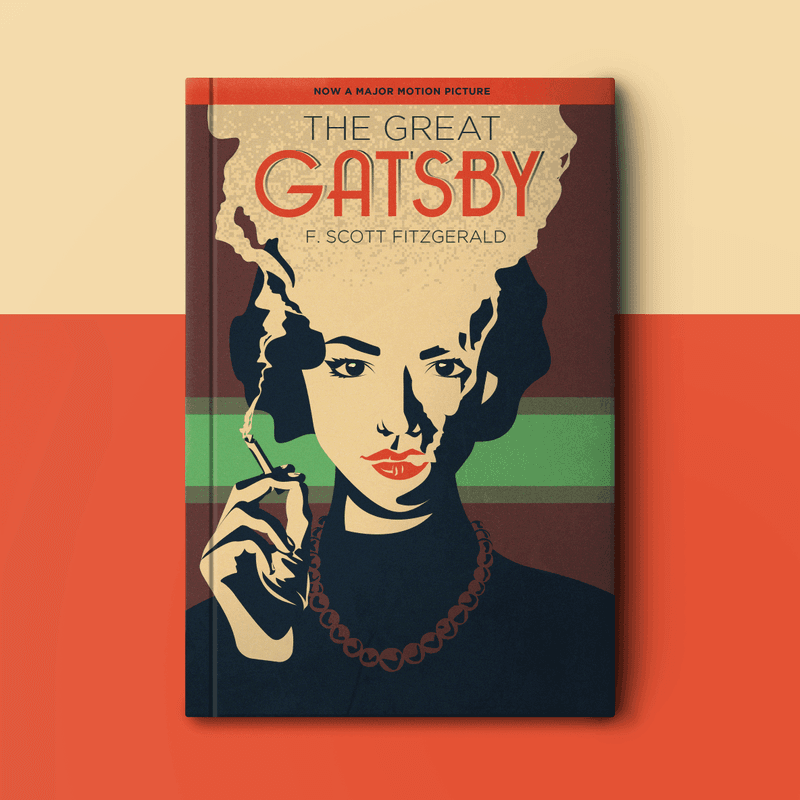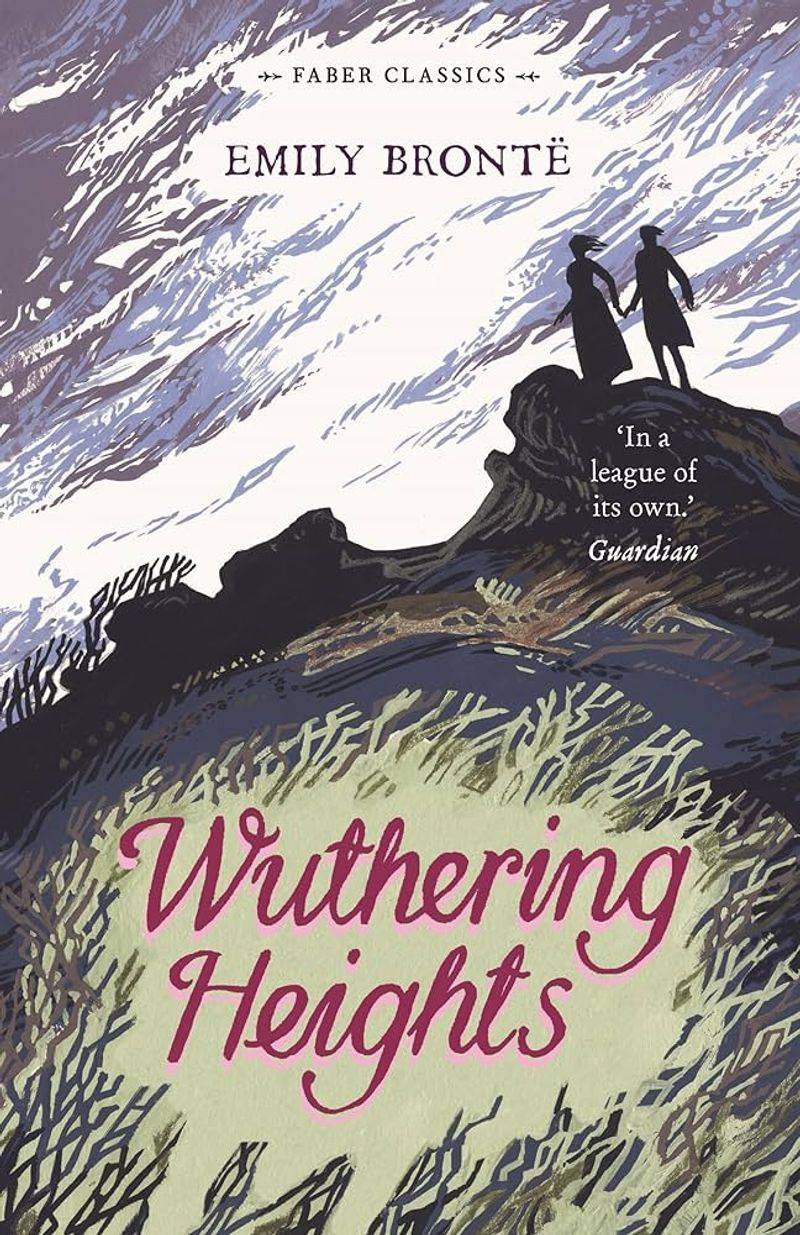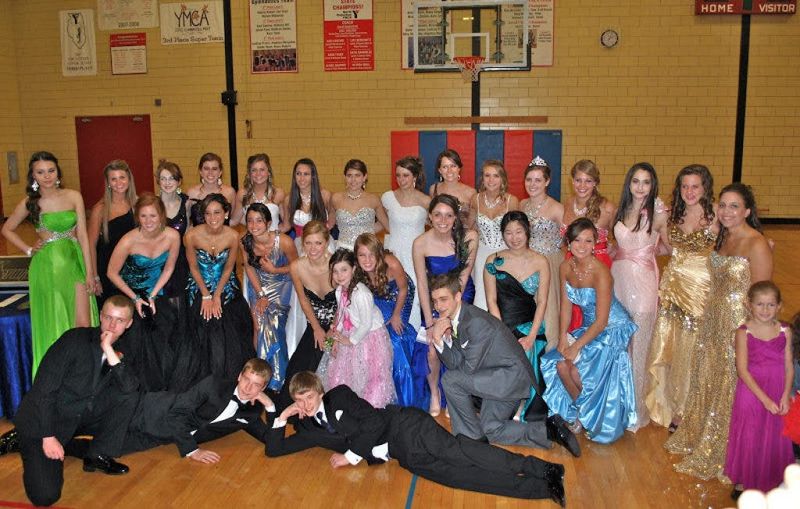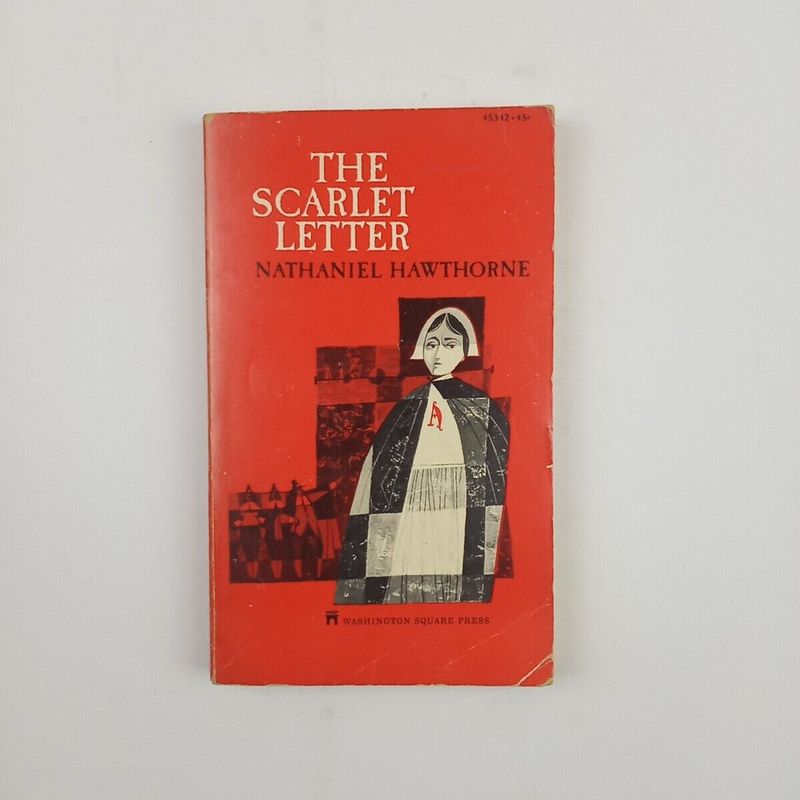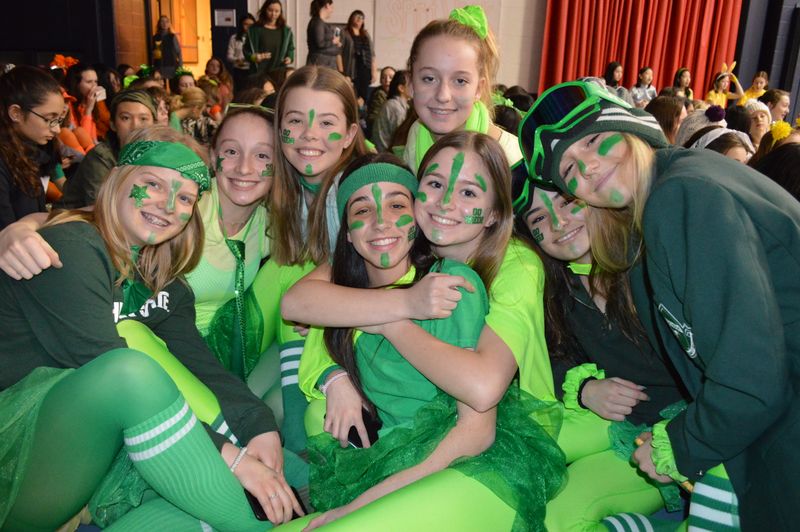High school often introduces us to a plethora of cultural staples, from books to movies to traditions, that are hailed as timeless classics. However, with a bit of hindsight, these revered items sometimes reveal themselves to be less impressive than we once thought. Here’s a look at 14 high school classics that might not deserve all the praise they’ve received over the years.
1. Romeo and Juliet
Why do we label a tale of impulsive teens as the pinnacle of romance? Romeo and Juliet’s whirlwind affair, rather than inspiring, often feels reckless today.
Their love story, compressed into a mere few days, borders on the absurd, considering its tragic end. Shakespeare’s poetic language is undeniable, but is the substance of their romance as profound as we claim?
The drama and passion are intense, yet one cannot help but question the depth of their connection. It’s more a tale of youthful folly than timeless love, perhaps more suited for caution than admiration.
2. Catcher in the Rye
Holden Caulfield was once the voice of youthful rebellion. But upon reflection, his angst might seem more privileged than profound.
His journey through New York City, filled with cynicism and disdain, often reads as a series of complaints rather than insightful observations. While some find depth in his musings, others see a teenager stuck in self-centered turmoil.
The novel’s allure lies in its raw honesty, yet its appeal fades when Holden’s struggles appear more manufactured than genuine. Could it be that Holden doesn’t rebel against society, but against his own discontent?
3. To Kill a Mockingbird
To Kill a Mockingbird addresses critical issues of justice and morality. However, its classroom discussions are often oversimplified, missing the depth of its themes.
Atticus Finch stands as a moral beacon, yet the story’s narrative sometimes brushes over the complexities of racial injustice. The children’s perspective adds innocence, but it can also create a simplistic view of a deeply nuanced topic.
While the book has sparked important conversations, it’s crucial to delve beyond Atticus’s speeches and explore the broader societal implications. The layers of justice and morality deserve more than just surface-level admiration.
4. Beowulf
Beowulf is an epic filled with battles and heroics, but its dense prose often leaves readers weary. The grandeur of ancient heroism doesn’t always translate well to modern audiences.
The saga of monster-slaying, woven with complex language and lengthy passages, can challenge even the most determined reader. While the hero’s journey is iconic, the narrative sometimes drags under its own weight.
Its historical significance is undeniable, yet without a guide, the story might feel more like a classroom assignment than an engaging read. The epic’s appeal often lies more in its legacy than its readability.
5. Dead Poets Society
Dead Poets Society inspires with its message of seizing the day, yet its drama can feel exaggerated. The urge to romanticize every moment sometimes overshadows genuine inspiration.
The iconic standing-on-desks scene, while powerful, might be more theatrical than realistic. The balance between passion and practicality seems skewed toward the former, leading to questionable choices.
While it champions free thinking, the film’s portrayal may glamorize rebellion over thoughtful reflection. Its impact is undeniable, yet one must wonder if the message sometimes gets lost in melodrama, overshadowing the quieter, more meaningful moments of inspiration.
6. The Breakfast Club
The Breakfast Club is celebrated as a defining teen movie, yet its portrayals might seem dated today. The stereotypes, once groundbreaking, now appear overly simplistic.
Each character fits neatly into a box—the nerd, the jock, the outcast—and while they break these molds by the end, the journey feels forced rather than natural. The dialogue captures the era, but some situations feel contrived.
While it sparked conversations about identity and conformity, it’s essential to recognize the film’s limitations. Its legacy persists, yet its characters and themes might not resonate as deeply with today’s audience.
7. The Great Gatsby
Does Gatsby’s obsession with a green light resonate in modern times? For many, the answer is no. Much like Gatsby’s lavish parties, the book promises excitement but leaves one pondering its substance.
The glamour of the Jazz Age can be captivating, but upon rereading, the tale might feel more exhausting than enchanting. Perhaps it’s the constant longing and the shallow social circles that make it lose its initial charm.
Gatsby’s relentless pursuit and eventual downfall may not be the great American story we once admired. Instead, it can feel like a cautionary tale of misguided dreams.
8. Lord of the Flies
Lord of the Flies explores the dark side of human nature, yet its execution can feel heavy-handed. The descent into chaos is rapid, sometimes at the expense of character development.
The symbolism, while powerful, hits with the subtlety of a sledgehammer. The novel’s pacing and structure might leave readers yearning for a deeper exploration of its themes.
Though it raises profound questions about civilization and savagery, the narrative’s abruptness can overshadow its messages. It remains iconic, but the storytelling might benefit from more nuance, making its lessons more impactful and less direct.
9. Animal Farm
Animal Farm delivers a sharp political allegory, yet its lessons can feel blunt. Orwell’s critique of totalitarianism is clear, but some nuances might be lost on younger readers.
The story’s simplicity, while effective, may not fully convey the complexities of its historical references. The pigs’ rise to power, while symbolic, can appear predictable and straightforward.
Its impact lies in its clarity, yet the allegory might benefit from a more layered approach. For those less versed in Soviet history, the narrative may come across as one-dimensional. Still, it remains a pivotal work of political literature.
10. Wuthering Heights
Wuthering Heights paints a picture of tragic romance, but its protagonists’ toxic relationship can overshadow its beauty. Heathcliff and Catherine’s love is more destructive than enduring.
Their passionate yet volatile bond often feels more oppressive than liberating. The novel’s gothic elements add intrigue but can also make the narrative feel heavy.
While it’s credited with shaping romantic literature, the story might resonate as a cautionary tale. Love should be tender, not tumultuous. The novel’s dark allure may captivate, yet its heart lies in warning rather than celebration.
11. The Outsiders
“Stay gold,” they say, yet The Outsiders’ characters sometimes lack depth. The story of rivalry and friendship captures the 60s, but its delivery might not always hit the mark.
The novel’s heartfelt narrative is appreciated, yet its exploration of social strife can feel simplistic. While the bond between the characters is touching, their development occasionally feels stunted.
The book’s legacy persists, yet it might benefit from a more nuanced approach to its themes. Despite its impact, the novel sometimes reads as a relic of its time, rather than a timeless story of youth.
12. Prom Night
Prom Night promises glamour, yet often delivers stress. The anticipation rarely matches the reality, as hopes clash with awkward social dynamics.
The event, filled with tulle and top 40 hits, can feel more obligatory than enjoyable. The portrayal in movies sets expectations high, yet the experience might be more mundane.
While it’s a rite of passage, Prom Night sometimes feels like a relic of high school tradition, more about show than substance. Its magic lies in memories, yet those memories often need a filter to preserve the allure.
13. The Scarlet Letter
The Scarlet Letter is rich in symbolism, yet its narrative can feel burdensome. Hester’s tale of shame is compelling, but the moral lectures may overwhelm.
Hawthorne’s exploration of sin and redemption is profound, yet its delivery might appear more punishing than enlightening. The dense prose could deter rather than engage.
Its impact on literature is colossal, yet modern readers might find the story’s pacing and focus less appealing. It remains an essential read, but its heavy-handed themes require patience and reflection to fully appreciate their depth.
14. School Spirit Week
School Spirit Week aims to unite, yet not all embrace the chaos. Themed days and competitions may seem more obligatory than enjoyable.
While the concept is fun, dressing like a cowboy or competing in hallway games doesn’t appeal to everyone. The pressure to participate might overshadow the intended camaraderie.
It’s a tradition meant to boost morale, yet its execution sometimes feels forced. The week’s success depends on genuine enthusiasm, which isn’t always guaranteed. Despite its good intentions, Spirit Week can feel like an unnecessary burden rather than a highlight.
